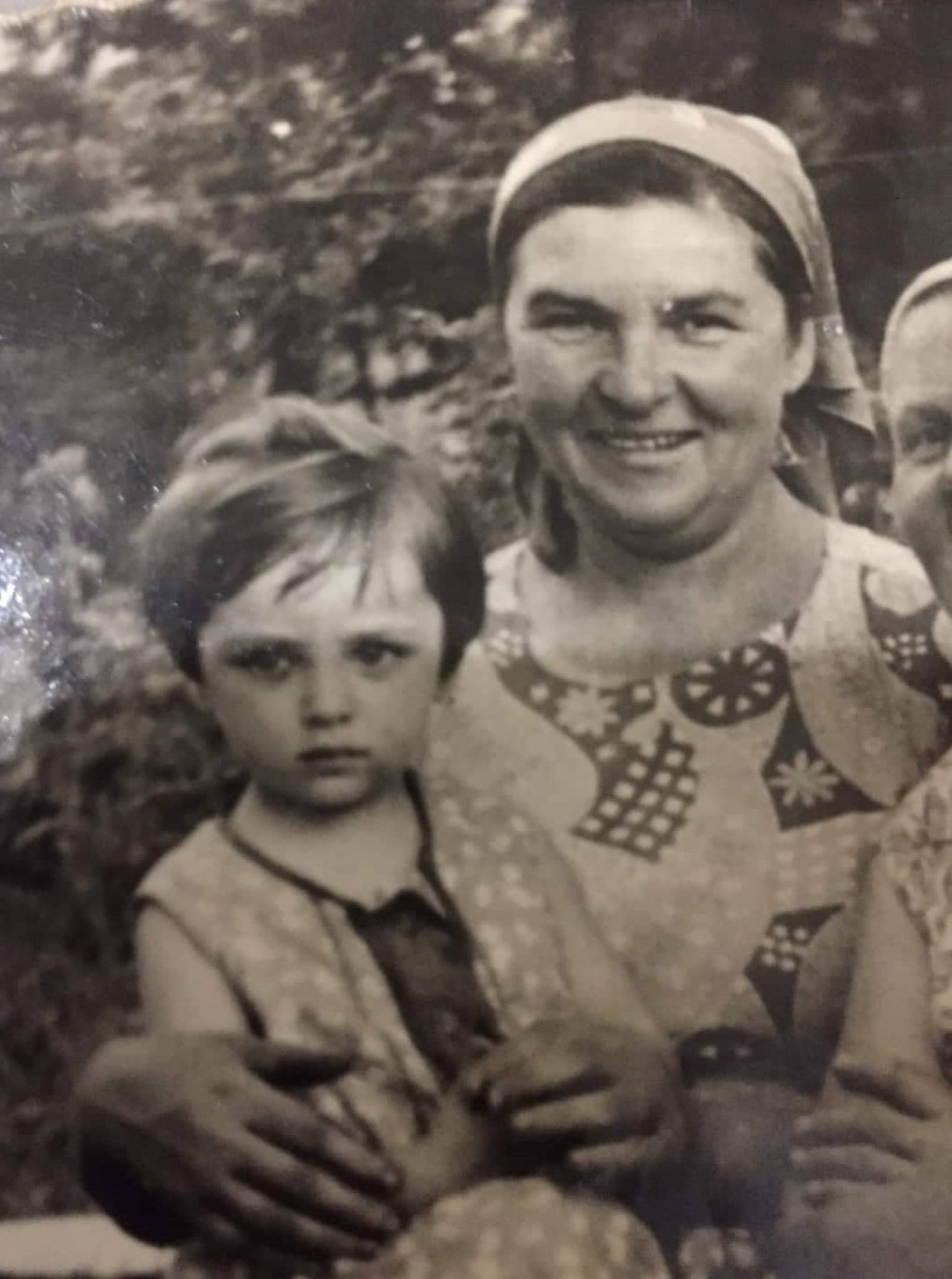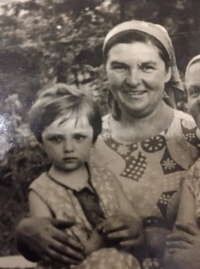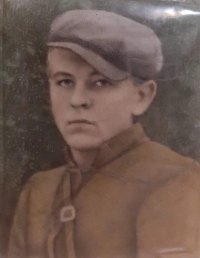Hitler’s war tore the family apart. Putin’s war reunited it.

Download image
Halyna Barbulyak (née Maslihan) was born in Novyi Rozdil, Mykolaiv District, Lviv Oblast on 6 November 1971. When she was about three years old, she heard from the Polish part of their family separated as a result of World War II developments for the first time since the war. Unfortunately, they could not reunite. Halyna studied at a high teaching school, first in Oleksandria in the Kryvyi Rih area and later in Sambir closer to her birthplace in the Lviv Oblast. When independent Ukraine was declared in 1991, Halyna started teaching at a primary school while studying at the Ternopil teaching university. While a student, she met Ivan Babulyak, a boy from her hometown, and the two married in 1992 before he took the oath, becoming a Greek Catholic parson. Their first daughter Mariana was born one year later. The family left to the first parish in the village of Vybranivka where their second child, a son, was born to them. The Polish part of the family contacted them again, but they considered the situation in Ukraine so unsafe in the 1990s that no reunion took place. From 2000, Halyna Barbulyak taught religious ethics at a primary school. In 2019, she relocated to the Czech Republic to her daughter and grandchildren; the daughter had settled in Pardubice with her husband who is also a Greek Catholic parson. Halyna Barbulyak found a job in Prague and would regularly visit her daughter’s family. Following the Russian invasion of Ukraine, she helped the refugees who came to the Czech Republic in large numbers beginning in late February 2022. During the summer of the year, her husband arrived in the Czech Republic as well and took the position of a parson in Kutná Hora where the numbers of Greek Catholics multiplied as a result of the arrival of refugees from Ukraine. Halyna’s son also became a Greek Catholic priest in early 2023. The parts of the family separated due to the developments at the end of World War II finally reunited on this occasion. Unfortunately, many members of both families had died before this could happen.


